Leon Battista Alberti: Master Builder of the Italian Renaissance by Anthony Grafton
Dean Rowan, Director of Reference
Leon Battista Alberti was the proto-Renaissance Man [sic], a polymath inventor, classicist, humanist, engineer, painter, philosopher, city planner, architect, consultant, and pre-social media influencer. His life throughout Italy, primarily in Florence and Rome, spanned three quarters of the fifteenth century, setting the stage for a wannabe, Giovanni-come-lately Leonardo da Vinci, fifty years Alberti’s junior, and scooping courtier fashioner Baldassare Castiglione, who was born more than six years after Alberti’s death. During the early Renaissance they didn’t call the Renaissance “the Renaissance,”* thus at the time Alberti had no idea that his life and career would prove archetypal, but historian Anthony Grafton makes it clear that he was deeply sensitive to his station in a rigidly hierarchical society for which he had high ambitions.
Grafton’s study is equal parts biography, art history, and cultural history, his thesis being that the received understanding of Alberti as a self-made artistic and mechanical genius neglects the religious and political contexts in which he worked to forge his career. Yet Grafton gives Alberti his due as a driven achiever whose innovations established new modes of creative work for ages to come. He depicts a man whose principles, expressed throughout an extensive catalog of written works, frequently conflicted with concrete real world opportunities, yet who nevertheless managed to sidestep hypocrisy in favor of solutions that balanced the ideal and the practical.
In a sense Alberti’s biography writes itself. His legacy of print and built artifacts reflects his achievements. He even produced an autobiography, penned in the third person. But Grafton notes numerous gaps in the historical record that prevent establishing the degree to which Alberti was involved with works we commonly attribute to him, due in part to the difficulty of assigning credit to an individual engaged in inherently collaborative enterprises, such as the construction or renovation of churches. Grafton also shows how Alberti routinely sought and applied feedback from his colleagues.
Stylistically, Grafton’s prose ebbs and flows in a surfeit of repetition, for example, when (on virtually every page, it seems) he frames a point “in other words.” In other words, Grafton deploys other words to restate formerly stated statements. In short (another transition of which he is too fond), these verbal tics distract from his historical project, but in the end do not defeat an enjoyable book about a singular, fascinating artist who lived during and helped to define the Early Italian Renaissance.
*But cf. Gerhardt B. Ladner, Vegetative Symbolism and the Concept of Renaissance, in 1 De artibus opuscula XL: Essays in Honor of Erwin Panofsky 303, 307 (Millard Meiss ed., 1961) (noting the use of the Italian rinascita by Vasari in the mid-16th century as the earliest known, but not likely the first, reflexive occurrence of the concept of rebirth).

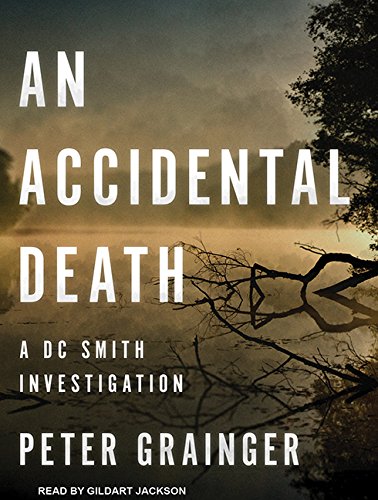






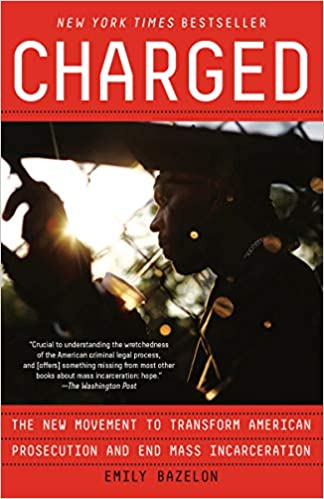


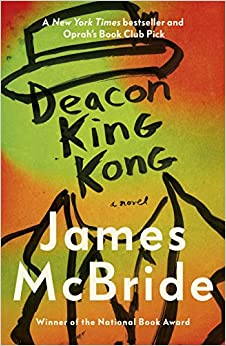




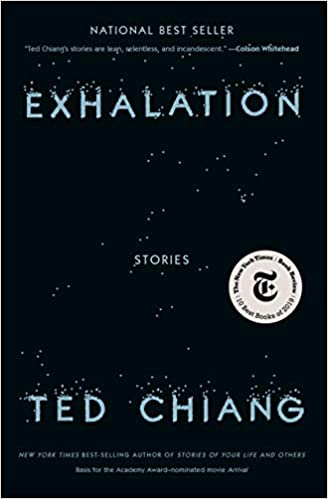


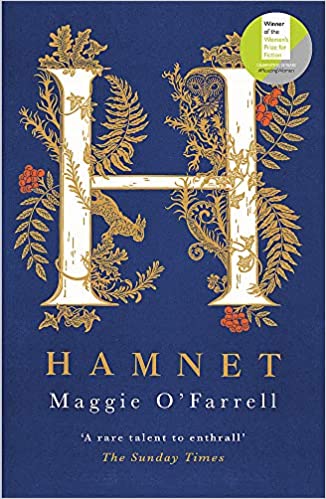
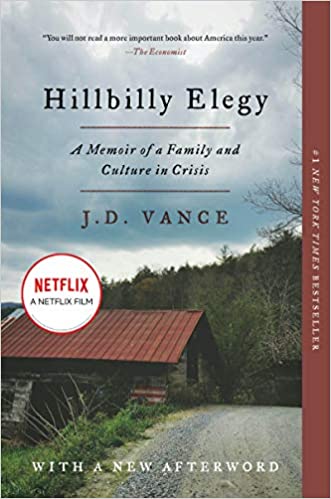





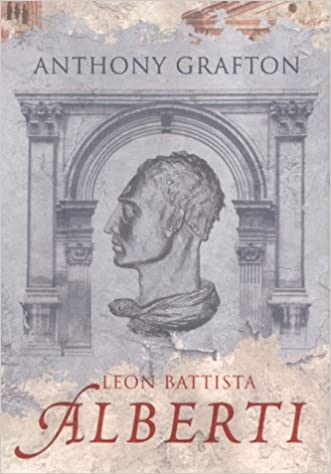
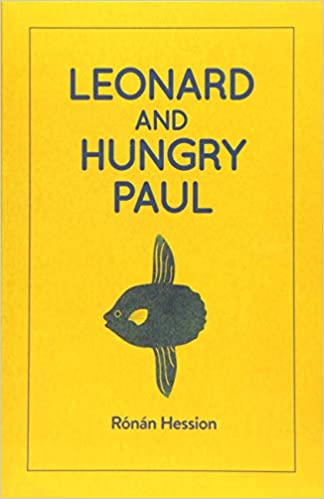
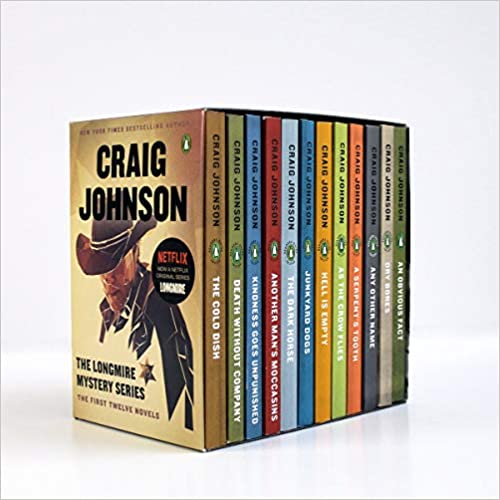


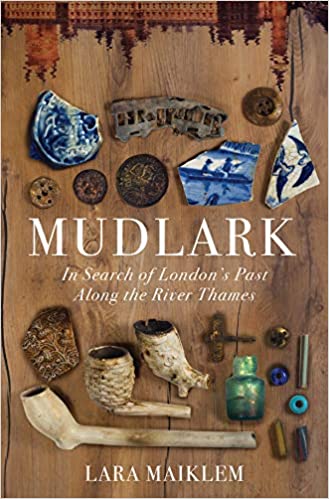

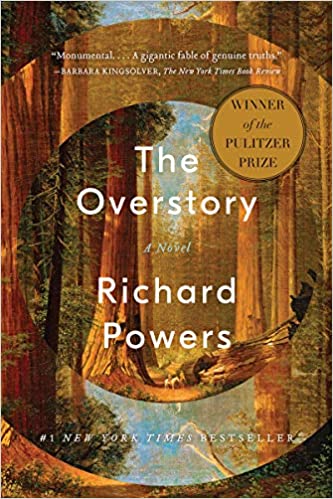
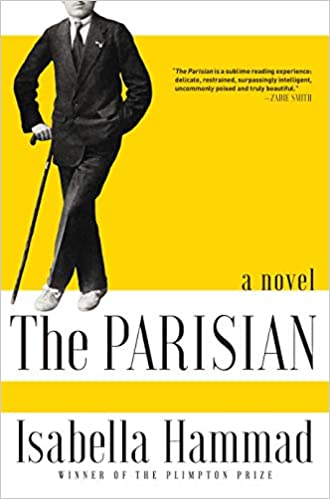
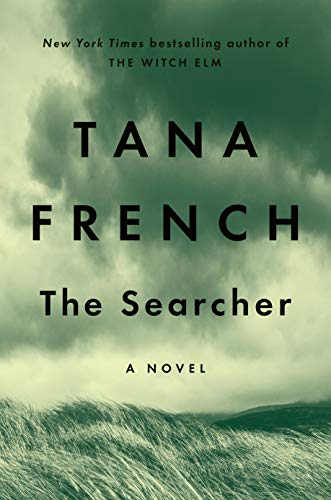

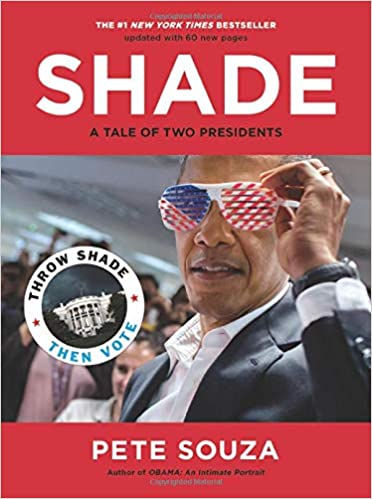
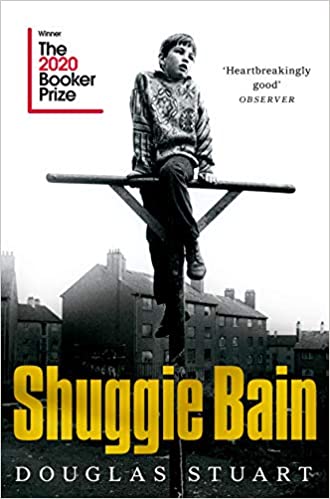
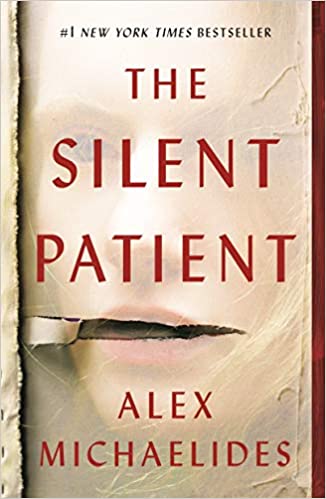
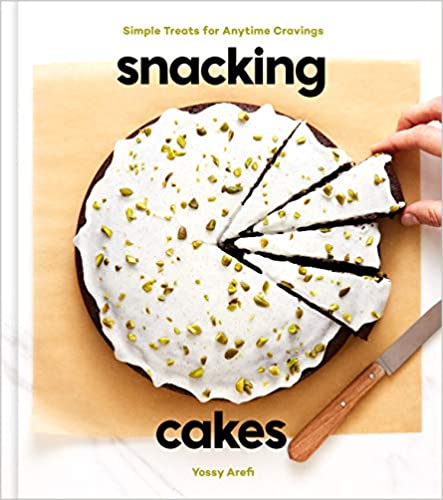
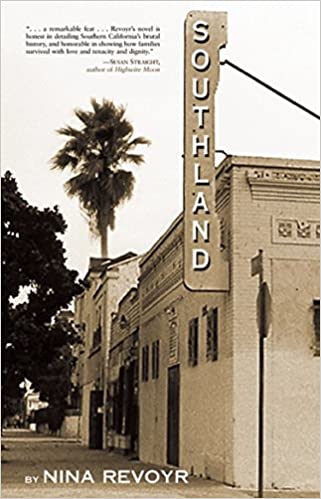

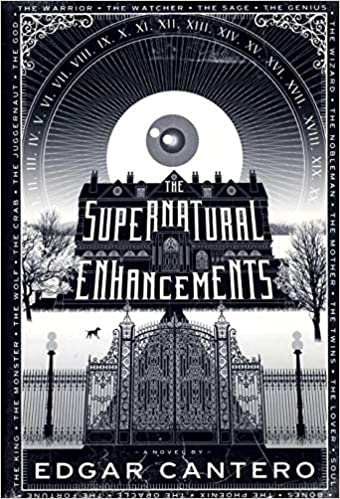

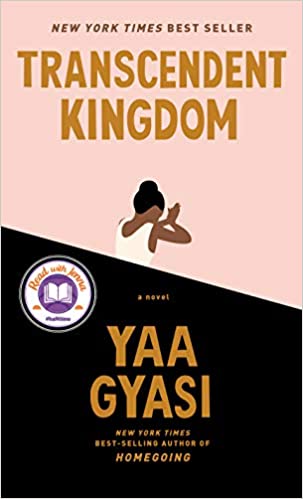

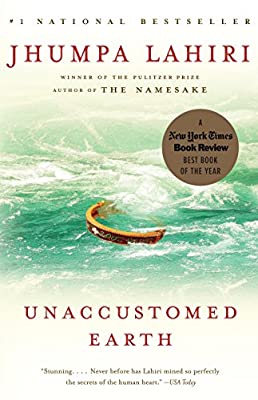
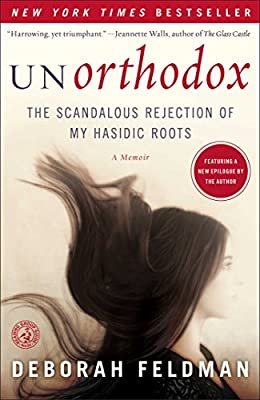

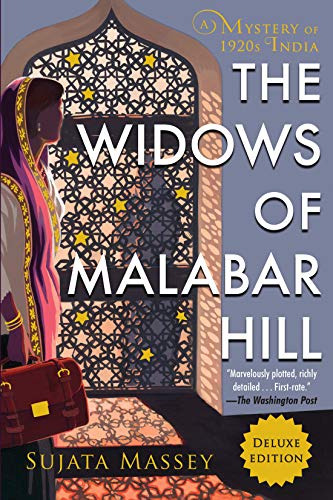
 These two books tell the Classical Greek stories, but you needn’t have slogged through the Odyssey, or know the myths, to love them. There’s adventure, magic, nature, and plenty of decent (and some loathsome) characters. These are great books once kids who loved the Percy Jackson books and the Edith Hamilton tellings of the Greek myths have grown up and are looking to return to the mythological characters and adventures they loved.
These two books tell the Classical Greek stories, but you needn’t have slogged through the Odyssey, or know the myths, to love them. There’s adventure, magic, nature, and plenty of decent (and some loathsome) characters. These are great books once kids who loved the Percy Jackson books and the Edith Hamilton tellings of the Greek myths have grown up and are looking to return to the mythological characters and adventures they loved.